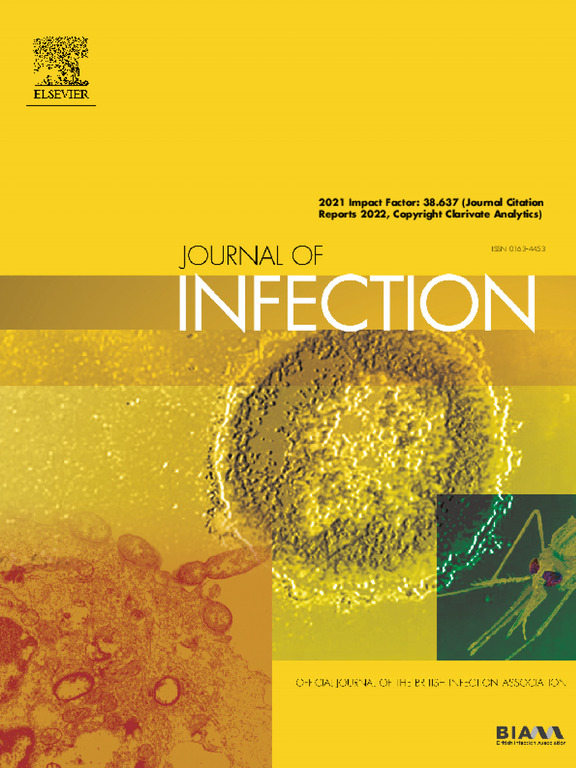Rezafungin in special populations with candidaemia and/or invasive candidiasis
IF 14.3
1区 医学
Q1 INFECTIOUS DISEASES
引用次数: 0
Abstract
Achieving and maintaining therapeutic drug exposures with antifungals can be challenging in special patient populations, such as those with organ dysfunction (liver or kidney) or obesity, or elderly patients, due to dose–exposure relationships and potential drug–drug interactions. Dose adjustments may be needed in these populations to maintain therapeutic efficacy and/or prevent toxicity. We reviewed specific dosing considerations for antifungals in special populations with candidaemia and/or invasive candidiasis, focusing on those relating to echinocandins (based on prescribing information), and then explored the utility of the second-generation echinocandin rezafungin in treating these populations (based on currently available data identified from a PubMed and congress abstract search). Available data showed that echinocandins may sometimes require dosing modifications for special populations with candidaemia/invasive candidiasis, primarily due to decreases in pharmacokinetic exposures. Rezafungin appears to be suitable for use in a variety of special populations without the need for dose modifications based on available data, including patients with organ dysfunction or obesity, and elderly and critically ill patients. Further research is needed in populations where rezafungin data are not available including children, people living with HIV, patients receiving extracorporeal membrane oxygenation and those with underlying neurological conditions.
Rezafungin适用于念珠菌血症和/或侵袭性念珠菌病的特殊人群。
由于剂量-暴露关系和潜在的药物-药物相互作用,在特殊患者群体中,如有器官功能障碍(肝或肾)或肥胖的患者,或老年患者,实现和维持抗真菌药物的治疗性药物暴露可能具有挑战性。在这些人群中可能需要调整剂量以维持治疗效果和/或防止毒性。我们回顾了在患有念珠菌血症和/或侵袭性念珠菌病的特殊人群中抗真菌药物的具体剂量考虑,重点是与棘白菌素有关的抗真菌药物(基于处方信息),然后探讨了第二代棘白菌素rezafungin在治疗这些人群中的效用(基于PubMed和国会摘要检索中目前可用的数据)。现有数据显示,对于患有念珠菌血症/侵袭性念珠菌病的特殊人群,棘珠菌素有时可能需要调整剂量,主要是由于药代动力学暴露减少。根据现有数据,Rezafungin似乎适用于各种特殊人群,不需要调整剂量,包括器官功能障碍或肥胖患者、老年人和危重患者。需要在没有rezafungin数据的人群中进行进一步研究,包括儿童、艾滋病毒感染者、接受ECMO的患者和有潜在神经系统疾病的患者。
本文章由计算机程序翻译,如有差异,请以英文原文为准。
求助全文
约1分钟内获得全文
求助全文
来源期刊

Journal of Infection
医学-传染病学
CiteScore
45.90
自引率
3.20%
发文量
475
审稿时长
16 days
期刊介绍:
The Journal of Infection publishes original papers on all aspects of infection - clinical, microbiological and epidemiological. The Journal seeks to bring together knowledge from all specialties involved in infection research and clinical practice, and present the best work in the ever-changing field of infection.
Each issue brings you Editorials that describe current or controversial topics of interest, high quality Reviews to keep you in touch with the latest developments in specific fields of interest, an Epidemiology section reporting studies in the hospital and the general community, and a lively correspondence section.
 求助内容:
求助内容: 应助结果提醒方式:
应助结果提醒方式:


